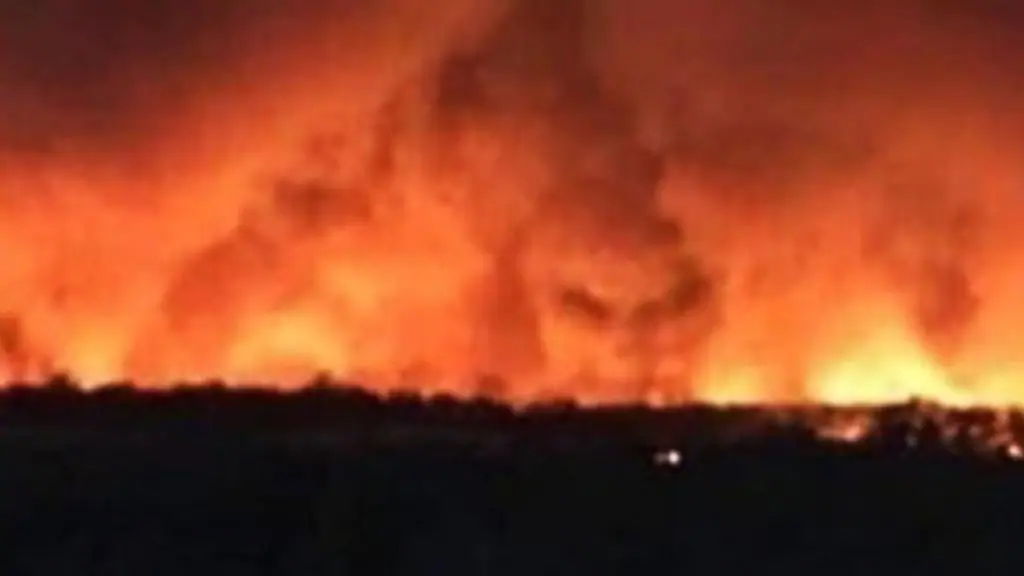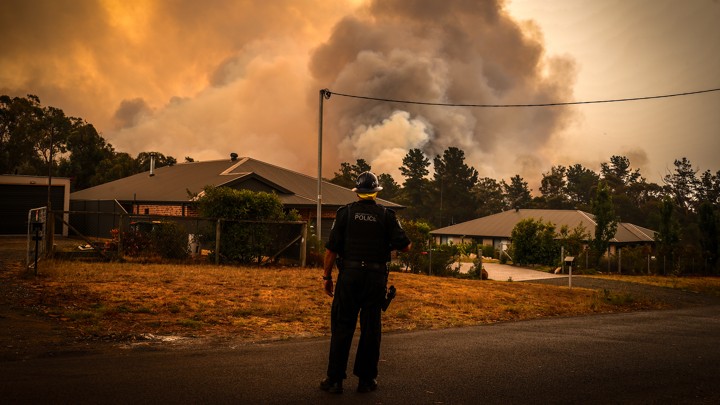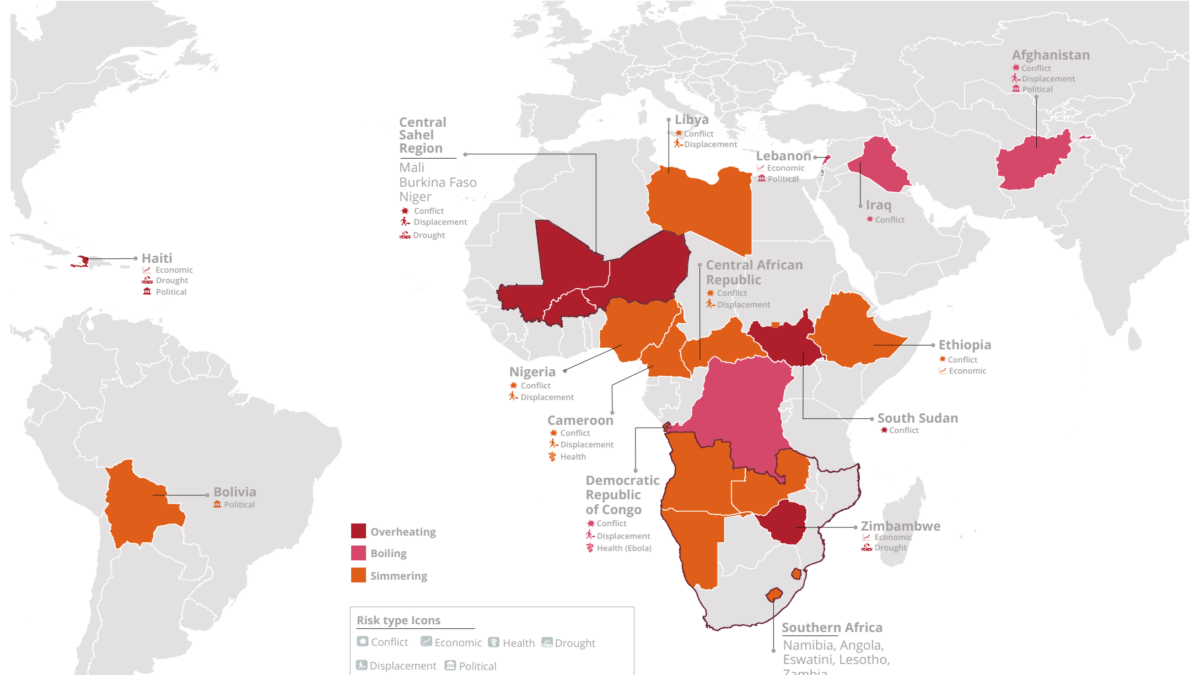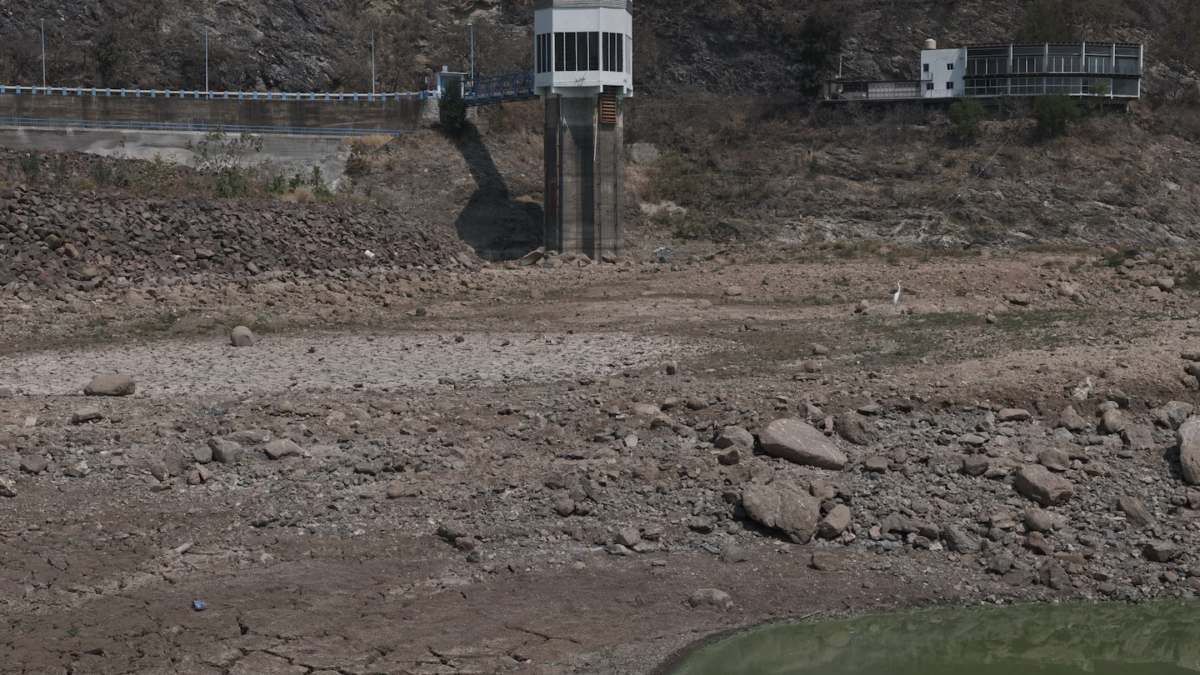We are seeing the very worst of our scientific predictions come to pass in these bushfires – “The thing that really terrifies me is that weather conditions considered extreme by today’s standards will seem sedate in the future”

By Joëlle Gergis
2 January 2020
(The Guardian) – I had goosebumps watching surreal footage of the mass evacuation of people stranded on the south-east Australian coast.
Once again, catastrophic bushfire conditions are bearing down on communities during increasingly horrific summers in Australia. It has been an unprecedented continuation of the horrendous bushfires that started as early as spring in south-east Queensland and northern New South Wales.
As I write this, the Australian navy is evacuating more than 800 people from the bushfire-ravaged town of Mallacoota in eastern Victoria. Holiday makers are being forced to abandon their cars, complete with kids’ bikes strapped to the roof racks, ice melting in Eskies. People hoping for a carefree break over the new year are instead faced with the extraordinary position of having to flee for their lives. […]
It’s confronting to see military evacuations, usually reserved for developing regions of the world following natural disasters, happening right here in 21st-century Australia. The sheer scale and severity of the emergency has actually overwhelmed our capacity as a nation to deal with the unfolding events. Not just in one area following a single event, but across multiple disasters occurring simultaneously in every state and territory of our nation.
As a climate scientist, the thing that really terrifies me is that weather conditions considered extreme by today’s standards will seem sedate in the future. What’s unfolding right now is really just a taste of the new normal.
At this point I could restate all the lines of scientific evidence that clearly show the links between human-caused climate change and the intensification of extreme weather conditions not just in Australia, but all over the world.
To avoid sounding like a broken record, instead I will say that as a lead author on the forthcoming Intergovernmental Panel on Climate Change’s (IPCC) Sixth Assessment report of the global climate due out next year, I can assure you that the planetary situation is extremely dire.
It’s no exaggeration to say my work as scientist now keeps me up at night.

As I’ve watched the events of this summer unfolding, I’ve found myself wondering whether the Earth system has now breached a tipping point, an irreversible shift in the stability of the planetary system.
There may now be so much heat trapped in the system that we may have already triggered a domino effect that could unleash a cascade of abrupt changes that will continue to play out in the years and decades to come.
Rapid climate change has the potential to reconfigure life on the planet as we know it.
We know this because the geologic record contains evidence that these events have occurred in the past. The key difference is that we’ve never had 7.5 billion people on the planet, so the human species really is in uncharted territory. [more]
We are seeing the very worst of our scientific predictions come to pass in these bushfires


